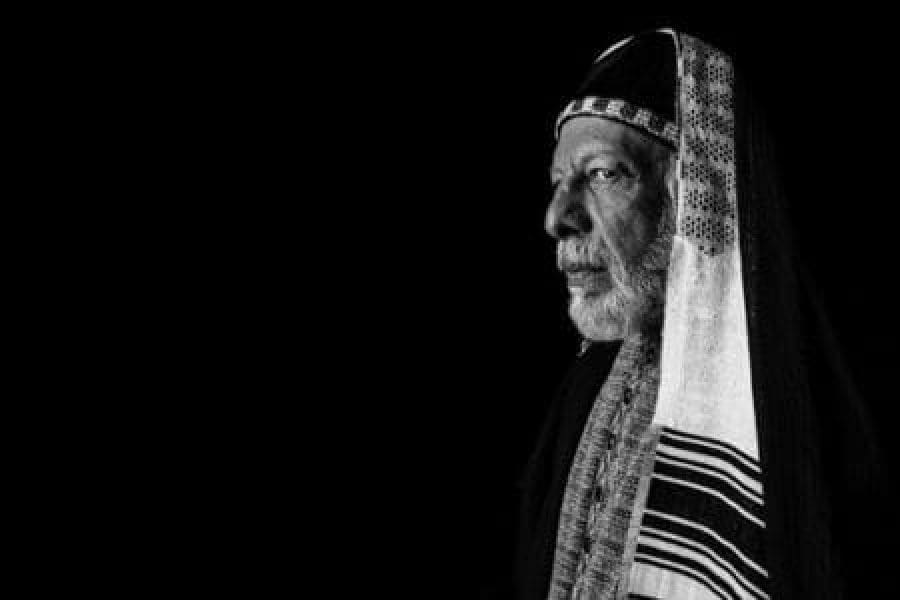
Explaining the Chosen: Season 1, Episode 1: I Have Called You By Name
If you haven’t yet watched The Chosen, make it a point to do so! I usually find Christian movies to be somewhat boring and difficult to get into. But not this one. It’s fun to watch, the characters are well-developed, and the people act like, well, people!
Another thing I really like is that The Chosen portrays the characters in a realistic cultural context. Jesus is a Jewish guy, doing Jewish things, as are the Jewish people around him. The creators of this series don’t seem to fear the Jewishness of the New Testament.
Dallas Jenkins, the show’s director and co-writer consults a Messianic Jewish rabbi, Rabbi Jason Sobel, among others, to achieve the most realistic and Biblically accurate story possible.
There are many interesting and enlightening things I find in this series that I would have missed before my journey on the Hebrew Roots path, however. I’d like to expand on some of these as they may be unnoticed or easily dismissed but add so much to the series when understood.
Who is Adonai?
When Mary Magdalene is a little girl, she and her father pray the “prayer of Adonai“. What they’re praying is from Isaiah 43:1. Most of your translations will say something similar to this:
But now, thus says the LORD, your Creator, O Jacob, And He who formed you, O Israel, “Do not fear, for I have redeemed you; I have called you by name; you are Mine!
Isaiah 43:1
In the original Hebrew for this verse, the word translated “LORD” is יהוה, God’s name. This could be translated “Yahweh” or “Yehovah” but it’s out of respect that it’s traditionally read as “Adonai” when reading it in the Hebrew scriptures.
The word “adonai” means “god” or “lord”. Just like we use the word “god” to mean “our God” or just any “god”, the word “adonai” can mean THE God or can be a term of respect, like when a commoner addresses a member of royalty.
In this case, they refer to God as “Adonai” just as we call Him “God”.
City of Capernaum
This episode takes place in Capernaum, where Matthew, Peter, Andrew, James, and John were from. During Jesus’s time, the fishing village of Capernaum was under Roman rule, which explains the Roman soldiers roaming around and giving much grief to the Jewish people on the show.
Who is Quintus?
In this episode, we meet Quintus, a Roman soldier that served Pilate. But who is he? Is he in the Bible or is he a made-up character?
Although Quintus is not mentioned in the Bible, his name, meaning “fifth” was a common name for a Roman male fifth child. According to the writings of Josephus (The War of the Jews), the books of the Maccabees, as well as archeological sources, there are multiple accounts of a Roman soldier named Quintus. One of these worked under Quirinius, who is mentioned in the Bible near the time of Jesus’s birth.
I’m not sure exactly which Quintus is portrayed in The Chosen but it certainly is a realistic name for a character, historically. If you know more about Quintus’s character, share with the rest of us in the comments!
What are Nicodemus and His Students Wearing?
Aside from being a very cool theatrical addition, Nicodemus’s outfit has meaning and is the traditional dress for a Pharisee and member of the Sanhedrin of that time.
All of Nicodemus’s students, as well as other Jewish men in The Chosen, are wearing a prayer shawl called a tallit (tall-eet), with fringes on it called tzitzit (tzeet-tzeet). On the tallit, there’s often an embroidered blessing. This is usually the tallit blessing in reference to the command in Numbers 15:37-41:
Blessed are You, LORD, our God, Master of the Universe, who has sanctified us with Your commandments (mitzvoth) and commanded us to wrap ourselves in the fringed garment (tzitzit).
A tallit is worn in order to adhere to the command to wear tzitzit, which also is a reminder and a symbol of us being surrounded by God, protected by Him, and of His commandments.
What is a Torah Room?
At one point in this episode, Nicodemus says to Shmuel (Samuel), “A fine Torah room is the heartbeat of a fine synagogue, Shmuel.”
Today, a Torah room is a place to inspect Torah scrolls for quality. Those working in the Torah room ensure the scrolls are intact and legible. Torah rooms are where these valuable scrolls are stored and preserved.
Why Do the Women Cover Their Heads?
Women covered their heads in Bible times as a custom in their culture. While not a law they were required to follow, it was considered shameful to have their heads uncovered. Married women covered their heads out of modesty and many Jewish (and some Christian) people still do this today, some whenever they’re in public and others just in synagogues.
Hebrew Vandalism
The writing on the wall Nicodemus and the soldiers pass on the way to the Red District is in Hebrew. It says “the Messiah will overthrow the Romans” or, in Hebrew, המשח יהרוס את הרומאים (Hamaschiach yaharos et haromanim). At this time, the Romans were in power in Capernaum and surrounding areas and, as you can see in the story, were oppressive to the Jewish people.
Exorcism Scene
When Nicodemus is being taken to the Red District for Mary Magdalene’s attempted exorcism, he passes pigs on the way. This indicates that this is a pagan area, as pigs are considered unclean animals.
When Nicodemus figures out Mary’s possessed by a demon, he asks for Sulfur, Nettles, Hyssop, and Wormwood. He needs these items because he intends to drive the demons out, reportedly by way of fumigation. Smoke and sulfur are used to drive them out. The other items have different purposes in the exorcism procedure as well. The hyssop, for example, is for cleansing.
The All Powerful El Shaddai
It’s in the name of the “All Powerful El Shaddai” that Nicodemus casts out the demon indwelling Mary. One of the most sacred names for God in Judaism, you’ll also find El Shaddai in your own Bible. In Genesis 17:1, God uses this name for Himself when establishing His covenant with Abram. It means “all sufficient God”.
Shabbat Dinner
Shabbat is the Hebrew word for Sabbath, as in the Sabbath day. This refers to Saturday, which is Yom Shabbat in Hebrew. On the Hebrew calendar, days begin the evening before, similar to how our days begin at 12:00 am, which is technically the night before, right? So, Shabbat, the Sabbath Day, begins on Friday.
Simon and Andrew discuss attending Eema’s Shabbat dinner and Simon’s wife mentions it later as well. Why is this so important? Doesn’t Shabbat dinner happen every week? What’s wrong with missing a week?
Shabbat dinner is a wonderfully sacred time in a Jewish household. Just after sundown, candles are lit, blessings are said, songs are sung, and families everywhere come together to “remember the Sabbath day and keep it holy”. These traditions, some thousands of years old, serve to set apart the Sabbath and to honor the command to keep it.
Yes, it’s done every week but Simon and Andrew didn’t want to miss it because, well no one does! It’s a celebration – a time to leave the hardship and the grind behind and settle down to focus on God and the people you love.
Who’s Eema?
We hear of Eema, not only when they discuss Shabbat Dinner, but also when Eden, Simon’s wife is “staying at her Eema’s tonight”. Eema is the Hebrew word for “mom”. In this case, they’re referring to Eden’s mom, Simon’s mother-in-law.
The Chosen is rich with a cultural context that’s rare to find elsewhere. It brings to life the characters in the Bible , helping our Western minds to grasp what it may have been like in Jesus’s time. It’s so well done! Stay tuned for Explaining The Chosen: Episode 2: Shabbat!
Do you love Israel?
Use coupon code Hebrew20 for a 20% discount on your order!
Need a gift for someone who does?
Experience the Holy Land without leaving home with Artzabox.
Click here to find yours!
Comments (24)
Leave a Reply Cancel reply
Search
Recent Comments
- Denise Kerhlikar on Explaining The Chosen: Season 3, Episode 3: Physician Heal Yourself
- DSS on Wild Olive Branches: The Blessing of Being Grafted In
- Nicolai Marvin on An Introduction to the Hebrew Vowels
- Kathy on How to Find a Hebraic Congregation
- Amy on Explaining The Chosen: Season 1, Episode 3: Jesus Loves the Little Children
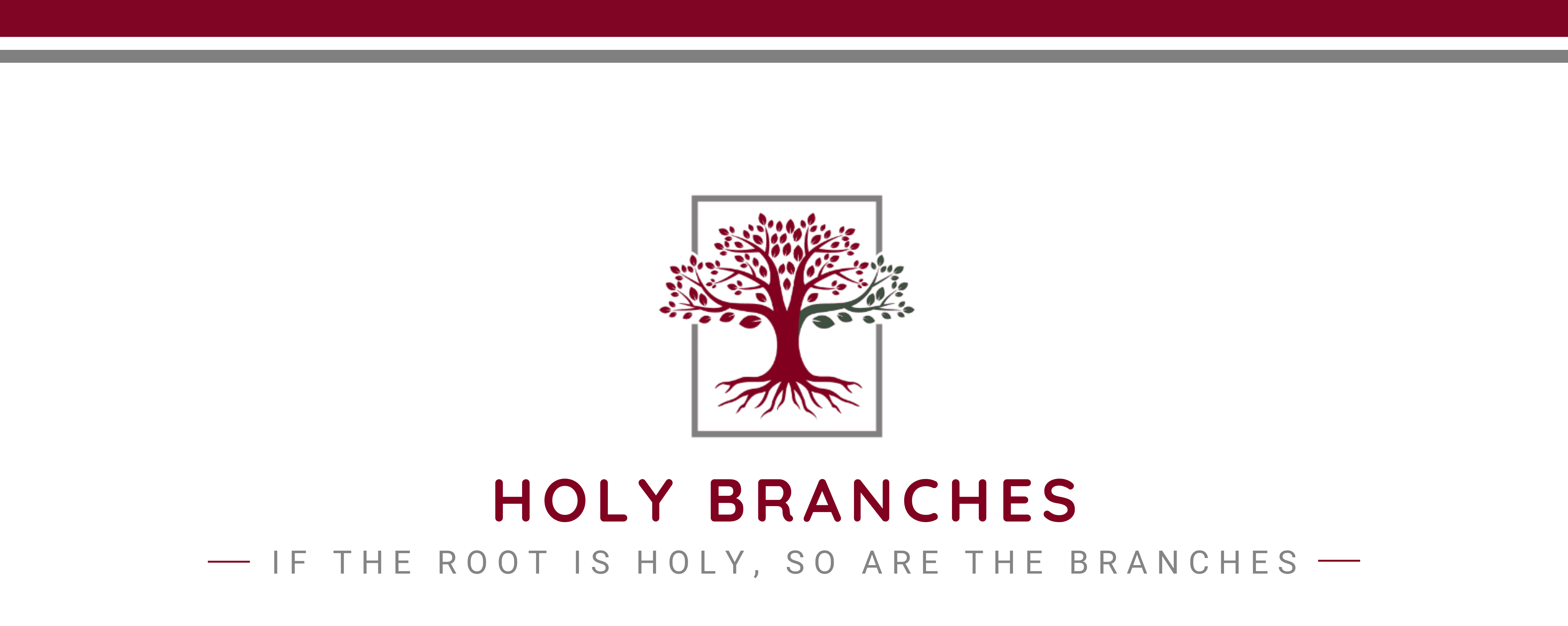

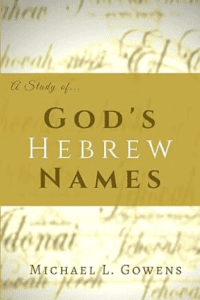
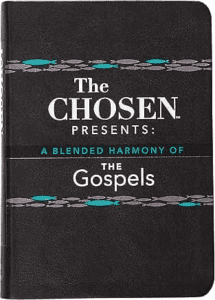
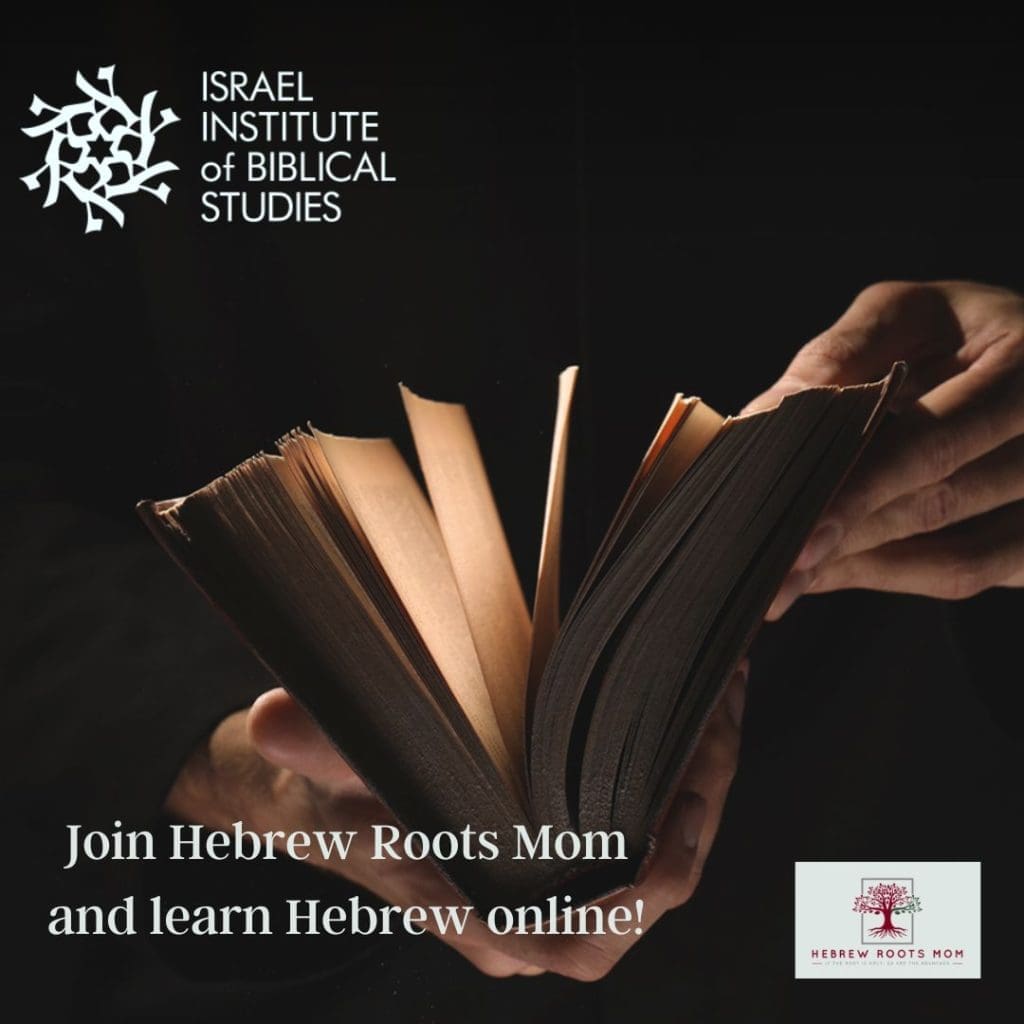
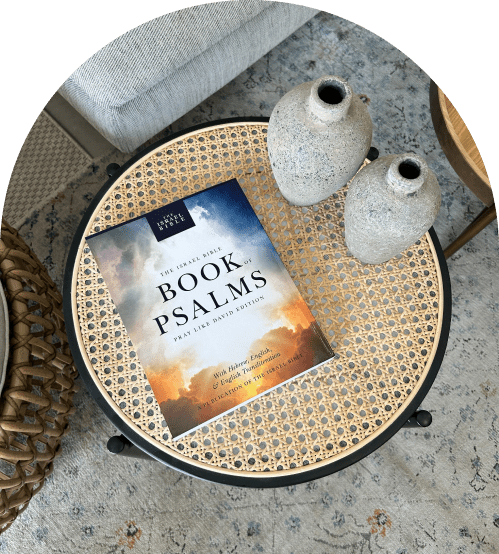

What high Sabbath were they celebrating when it begins? Because after the fight with his brother in law, Simon says, “two sunrises then Shabbat, then…”
But when he begins to go fishing, only moments later, Simon and Andrew are discussing the fact that Shabbat begins when the sun sets that day. Only suggesting High Sabbath
Hi, what are the words to the prayer that the characters say upon waking in the morning?
I cover the morning prayers in this article on episode 1 of season 2 and this one on episode 5 of season 2 also.
Hi! I would like to ask about a sentence where Simon says to Andrew that “But the Pharisees make allowance for that if live are at stake.” (21:18-20) What is that law, and where has it been written in the Bible? Thank you very much for your help!:)
The concept that a Law can be broken to save a life isn’t stated anywhere in the Bible. The rabbis have come to this conclusion (called pikuach nefesh, meaning “watching over a soul”) because the Bible says that we are made in God’s image. They reason that because we’re made in God’s image, protecting life is the highest calling, even above following the Law.
Jesus seems to uphold this concept in Matthew 12:3-4, when he refers to 1 Samuel 21, where David and his men ate the showbread in the tabernacle, which was, by Law, only for priests to eat. They needed food, and the priests had nothing else to give them, so it was permitted to save their lives.
Read Chapter 11 verse 2 thru 16 and then explain head covering
I assume you mean 1 Corinthians 11, where Paul discusses women covering their heads. What he’s discussing is a cultural norm of head covering. There is no law in the Torah that says a woman must cover her head. Paul doesn’t have the authority to make laws, nor is he intending to do that in this chapter. He’s using head covering as a metaphor for authority in one’s life. Here’s a great explanation on this from 119 Ministries: https://youtu.be/7VzBFTv9f_4 and part 2: https://youtu.be/w3EvuV7PBes
Thank you so much! I feel I’m late to the celebration of this series (Nov 2021)! Truth is I wouldn’t have been open to watching it until now. (God’s timing is perfect!) I’ve been scouring the internet for whatever is available about this show.
You are providing such a valuable resource. I look forward to catching up on all the articles you’ve written about The Chosen.
Again, thank you for taking the time to research and present this information.
God Bless!
#ThePeopleMustKnow
Thank you so much for your time and effort to help everyone out. I think I’ll watch the first episode again after reading this. You are amazing!
What is the significance of theRoman asking Nicodemus about what can live underwater?
I found this so helpful in understanding more about what I watched. Did you continue for each episode or just the first one? Either way, thank you for the time you put in explaining all this information!
Hello, Nikki! I’m so glad to hear you enjoyed it! I’ve only covered the first episode so far but have had so much interest in it that I’m working on more currently.
Really helpful site thank you for this. Must have taken a good amount of time and it is really appreciated. I small note that under the heading Adonai you quote Isa 53v1 but I believe the quote is Isa 43v1. I am not being picky just wanted to be helpful.
You’re correct. It is chapter 43. Thanks!
I am wondering what it is that Matthew rubs on his wrists in his first scene in episode one.
I looked back at it and I can’t tell. An oil or perfume of some sort? Let me know if you find out!
Can you explain how fishing on Shabbat allows the fisherman to avoid paying taxes on their catch? The Romans do not care or follow Jewish law. Shabbat is not any different than any other day to the Romans. Please explain this for me. Thank you.
Good question, Craig! Your answer is found in the same episode at 11:45-11:50. Rabbi Shmuel explains that the Romans don’t patrol on Shabbat because they don’t believe the Jewish fisherman work on the Sabbath. So, by fishing when there’s no patrol, they can get around paying Roman taxes.